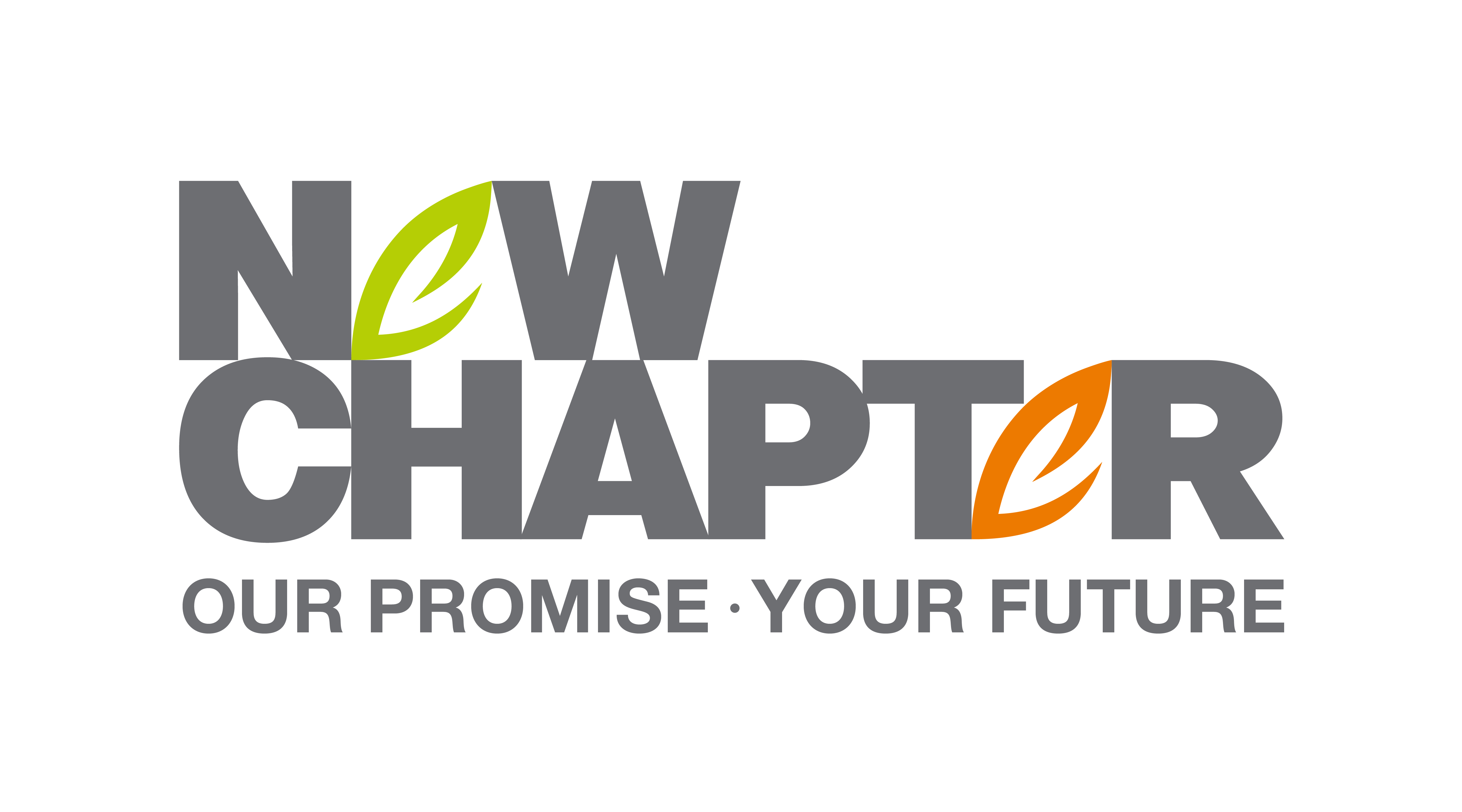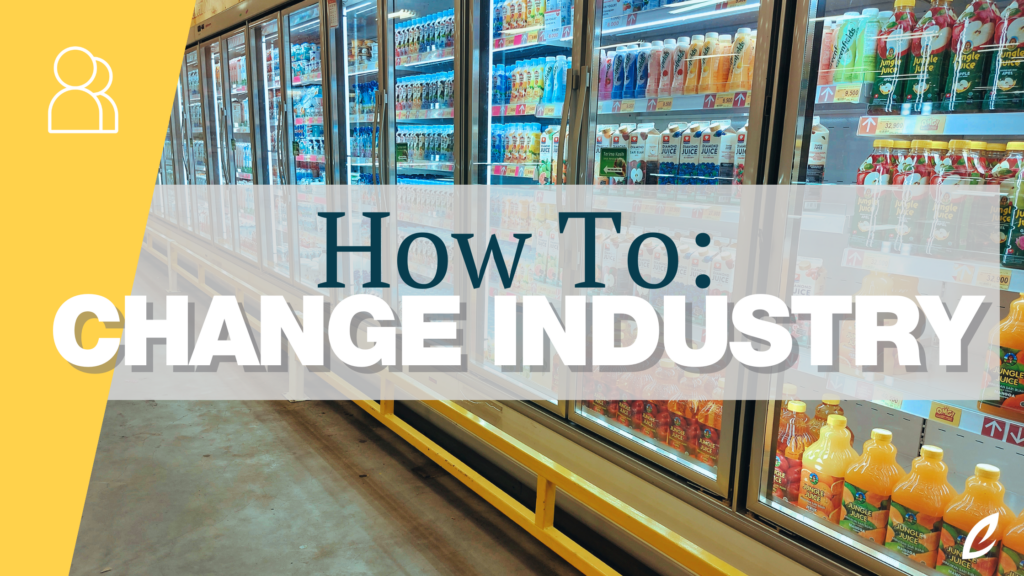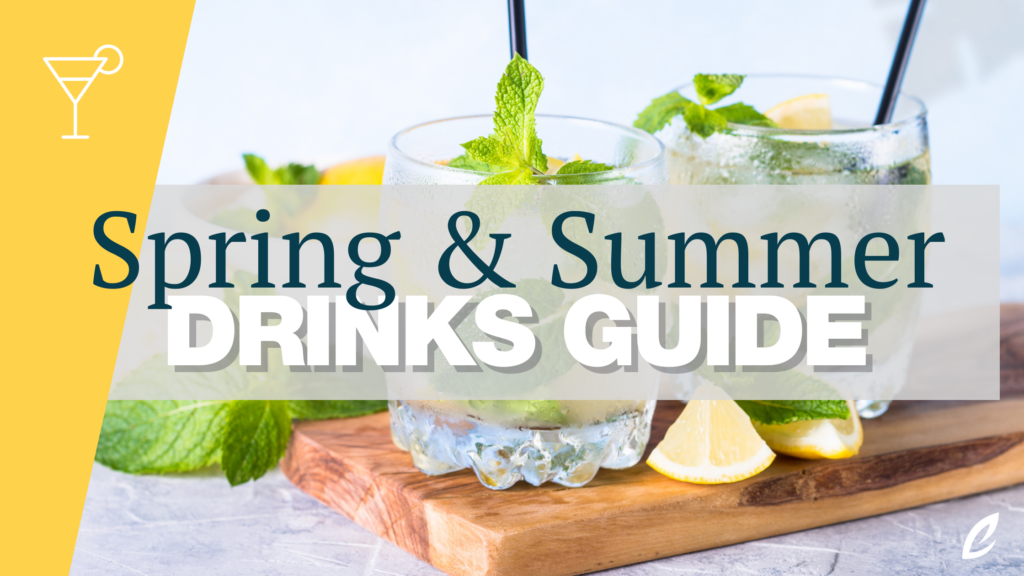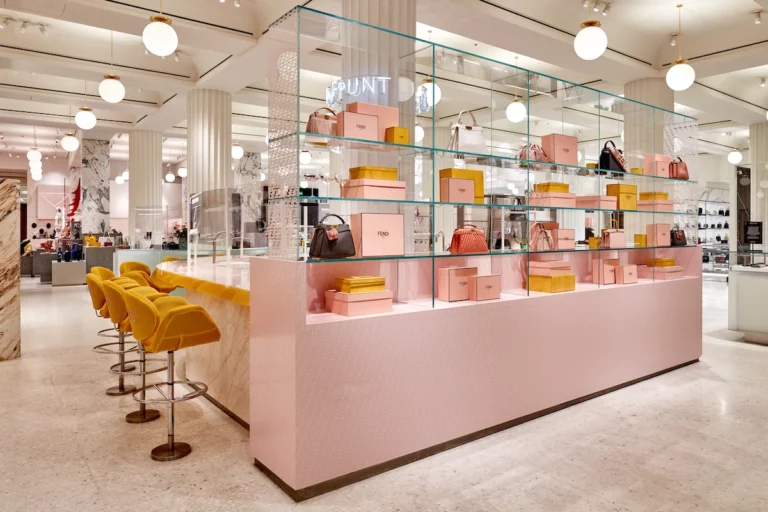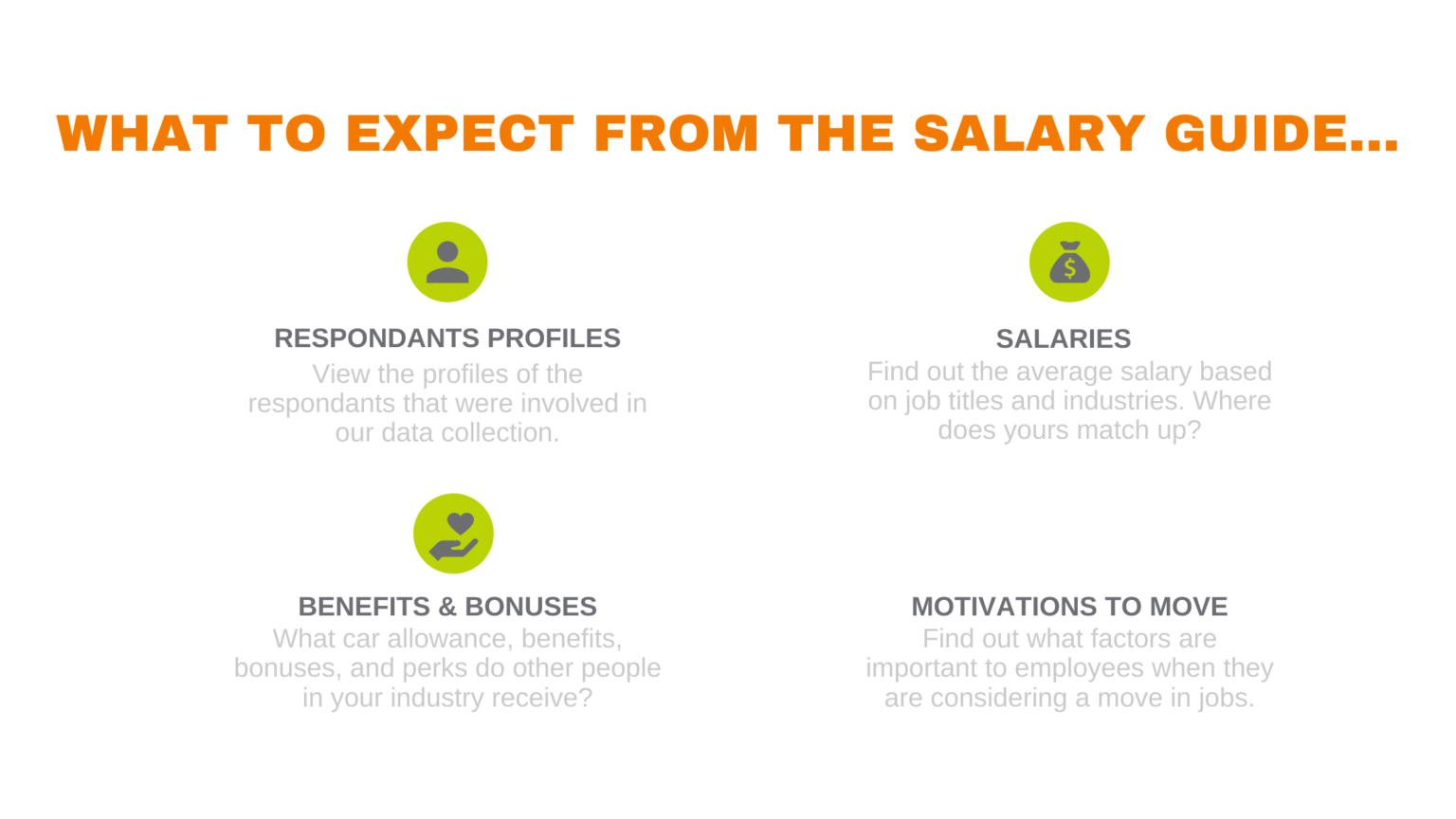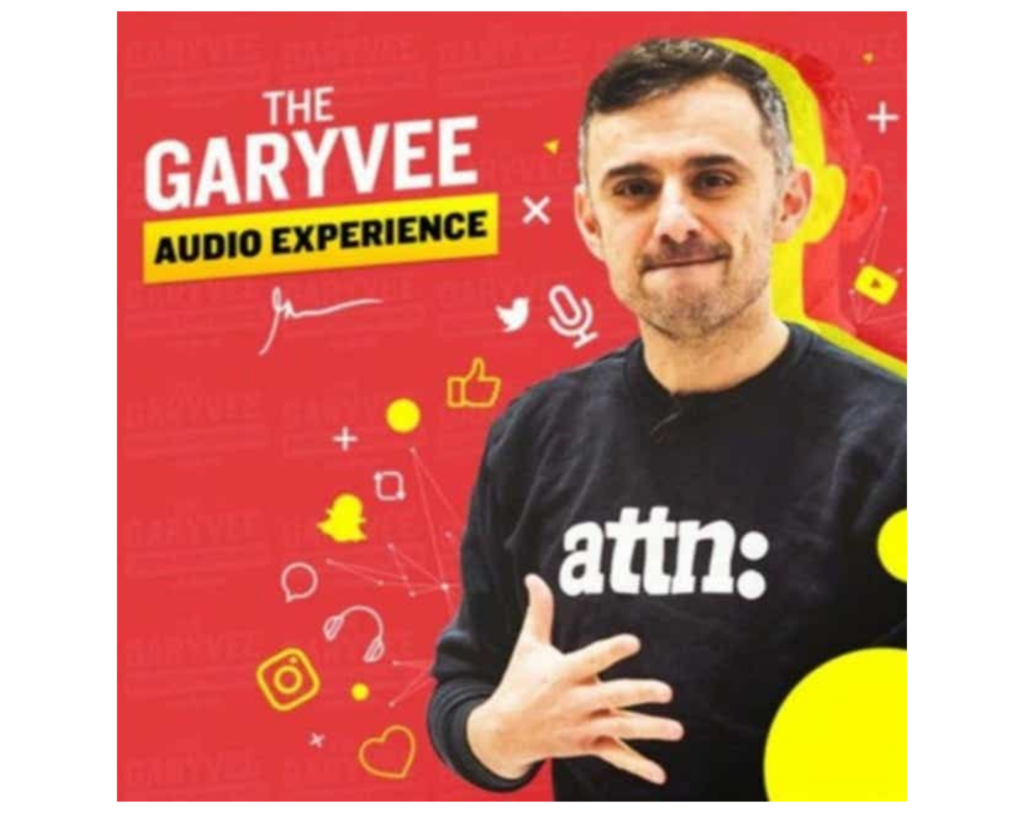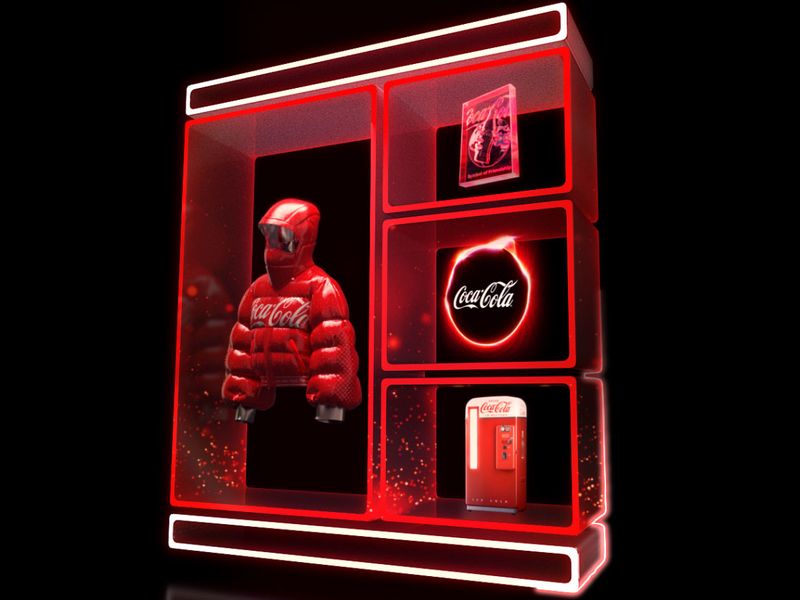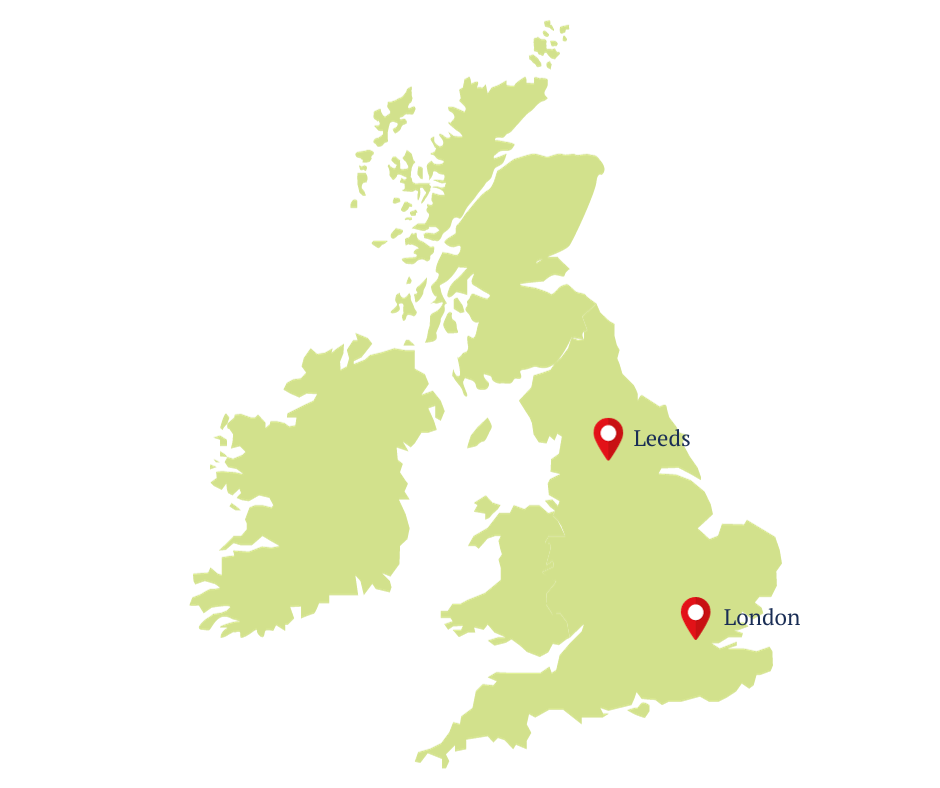The No & Low sector isn’t done growing yet, and I hope to continue seeing this growth supporting the UK On-Trade and its consumers through society’s changing relationship with alcohol.
Category: News
-
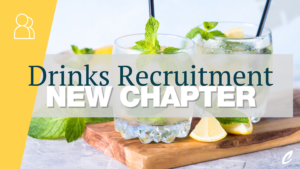
Drinks Recruitment | New Chapter Consulting
Continue ReadingDrinks Recruitment at New Chapter
Here at New Chapter, we have been working in the FMCG and Drinks recruitment space for over 19 years, helping the biggest and most forward thinking FMCG & Retail organisations find the best and brightest talent. We have a wealth of knowledge and expertise with teams specialising in Sales, Marketing, Ecommerce, Supply Chain and Operations & Production. We recruit mid-to-senior management and board level professionals across a number of high profile clients.
Some of Our Current Drinks Clients










We believe in helping people and companies realise their potential and achieve their future ambitions. This important belief, coupled with an underlying commitment to service excellence in everything we do and a values-driven approach, makes us truly unique within the recruitment industry.
We offer a variety of services to suit specific needs. The three key services we offer are: assignment services, database search and consultancy services. If you would like to discuss which service would work best for you, please don’t hesitate to get in touch. We also offer a range of bespoke reports including remuneration benchmarking, competitor insights and talent pool reports. If you would like to know more or have any further questions, please contact us.
As one of the most successful FMCG recruitment brands in the UK, we pride ourselves on our ability to combine specialist market knowledge across an extensive range of sector specialist areas including Food, Drink and Non-Food Consumer Goods.
Testimonials
Mike was amazing through out the whole process. From start to finish, even after I accepted the role, he was always there to answer any questions and was really efficient!Extremely helpful from start to finish, with amazing regular contact and advice. In particular, Henry Skrobot, who helped me prepare for interviews and providing in-depth information regarding the role and company. I am very grateful for this and thank both New Chapter and Henry for everything! Would 100% recommend!Very professional and friendly throughout all the process. Emma and Henry have been absolutely great and clear with all information. I highly recommend.Our Specialist Drinks Recruitment Team

Adrian Dalby
CEO
Mike Lowery
Managing Director
Emma Forster
Director - Drinks
Faye Rillstone
Recruitment Consultant - Wine
Charli Harris
Senior Consultant - Drinks and Luxury
Henry Skrobot
Associate Consultant - DrinksOther Drinks Recruitment Resources
-
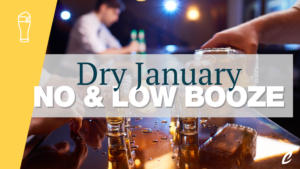
Dry January: No-ABV Boozing
Continue ReadingDry January: No-ABV Boozing
Our Associate Consultant, Henry Skrobot, recently wrote an article offering his insights into the current state of the On-Trade market. Despite the challenges after a busy festive season followed by dry January, he talks about these circumstances not necessarily meaning an unsociable month for pubs and restaurants.
Henry is a specialist in the drinks industry so dive into his thoughts on how the no and low alcohol scene is shaking up our booze habits.
We’re just over a week away from the end of January now which is great because not only is my birthday in February, but all my mates will have finished their attempts at Dry January (with varying degrees of success).
January can be a hard time for the On Trade, with a dip in sales after a busy festive period in December, it can be tough for pubs to keep afloat. As Claire Wilde writes in an article for the BBC the charity Alcohol Change have encouraged punters to keep going to the pub and Lucky Saint | B Corp™ “Thou Shalt Go to the Pub” campaign has further helped change the narrative that a Dry January doesn’t have to mean an unsociable one. After all it’s the people around the pints, not the pints themselves, that make pubs what they are.










With 383 pubs lost in the first 6 months of last year alone, almost as many as the whole of 2022, I think it’s important to keep a ‘use it or lose it’ mentality for the venues we hold dear to our hearts.
What I’ve noticed this January, more than the last few years, is the plethora of great alcohol-free options. Offerings from brands like Wavelength Drinks, Big Drop Brewing Co, and Days help break down the association that a good time must go hand in hand with alcohol. Small Beer Brew Co. is another brand that I’ve been admiring the work of, encouraging moderation rather than abstention with their low % beers, something that NICE | B Corp™ have also been working hard at, offering a new ‘Session Wine’ that sits at just 6%.







At New Chapter, we partner with companies in the FMCG & Retail industries. If you’re currently seeking a new opportunity, make sure to contact us on info@newchapter.co.uk or take a look at our current vacancies.
Alternatively, if you just need some specialist advice from experienced recruiters in your industry, we would love to help you out.
Recent Blogs
How To: Change Industry within FMCG
April 23, 2024Are you planning to switch industries within FMCG? Our guide will help you successfully navigate this transition.Sipping into Spring and Summer 2024
April 9, 2024Our guide to the top Spring and Summer drinks of 2024 from Beers to Gins, crack open a refreshing fruity drink this summer!Guide to Navigating Redundancy
April 9, 2024We understand that navigating redundancy can be a daunting experience. However, we believe that it also presents a unique opportunity. -

Big New Chapter News!
Continue ReadingExciting Announcement!
We are thrilled to announce that three of our exceptional team members have been promoted to Directors. Their combined experience of over 35 years in the fast-moving consumer goods (FMCG) industry makes them invaluable assets to New Chapter. We are proud to have such accomplished leaders on our team, and we look forward to their continued contributions to our success. Please join us in congratulating them on their well-deserved promotions!
We spoke to Emma, Rachael, Arbrie and our CEO Adrian about the news – here is what they said…
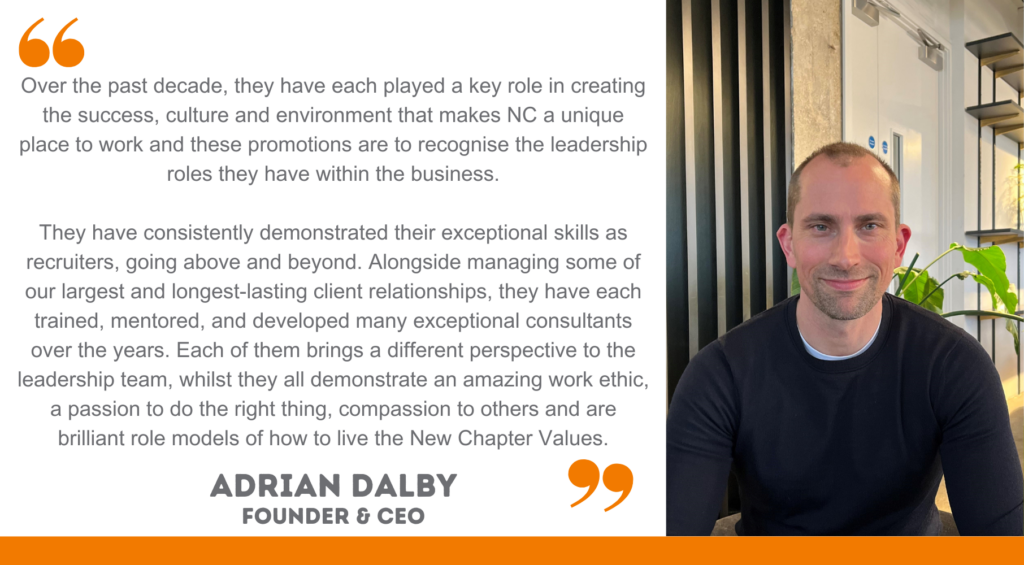
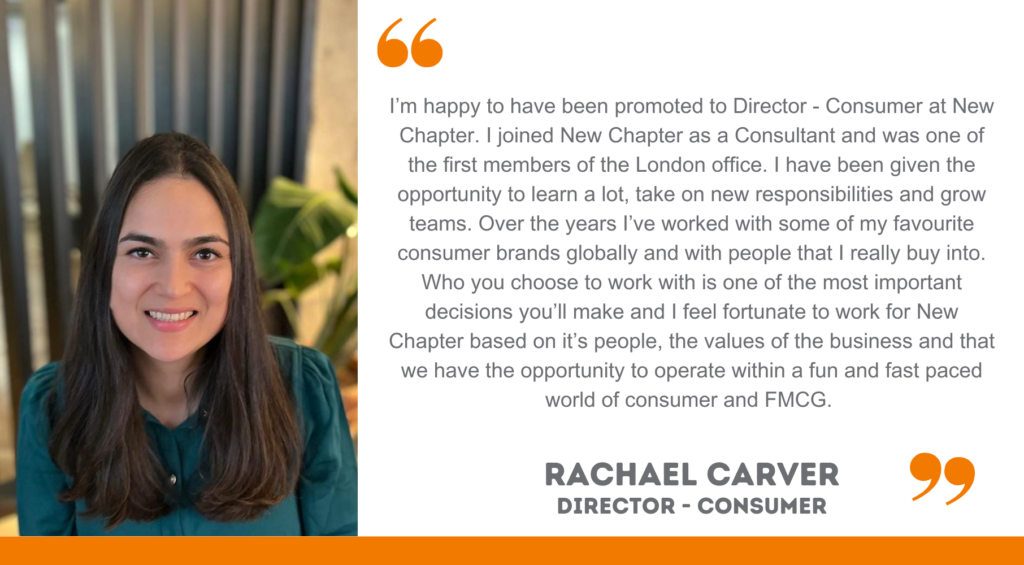
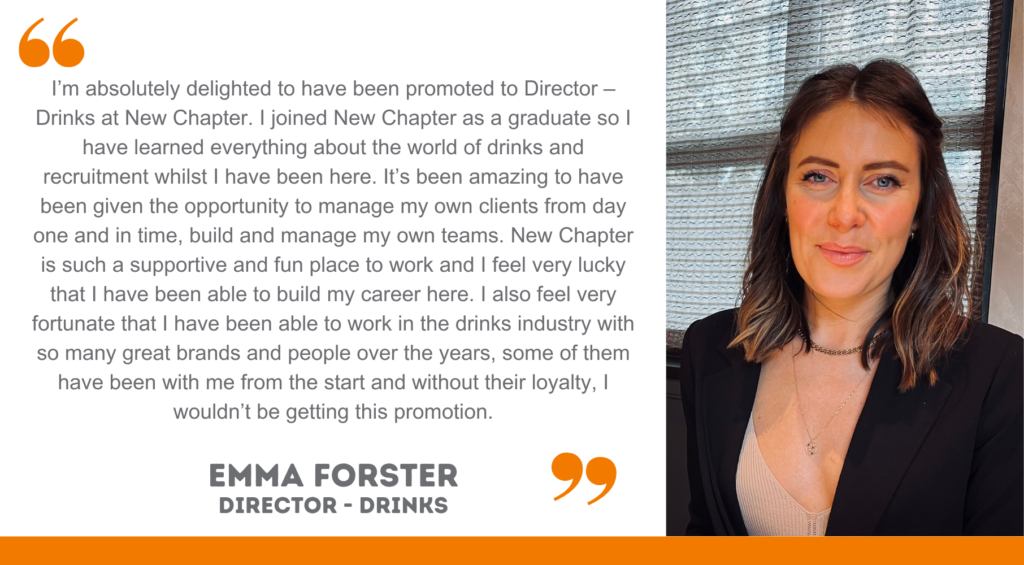
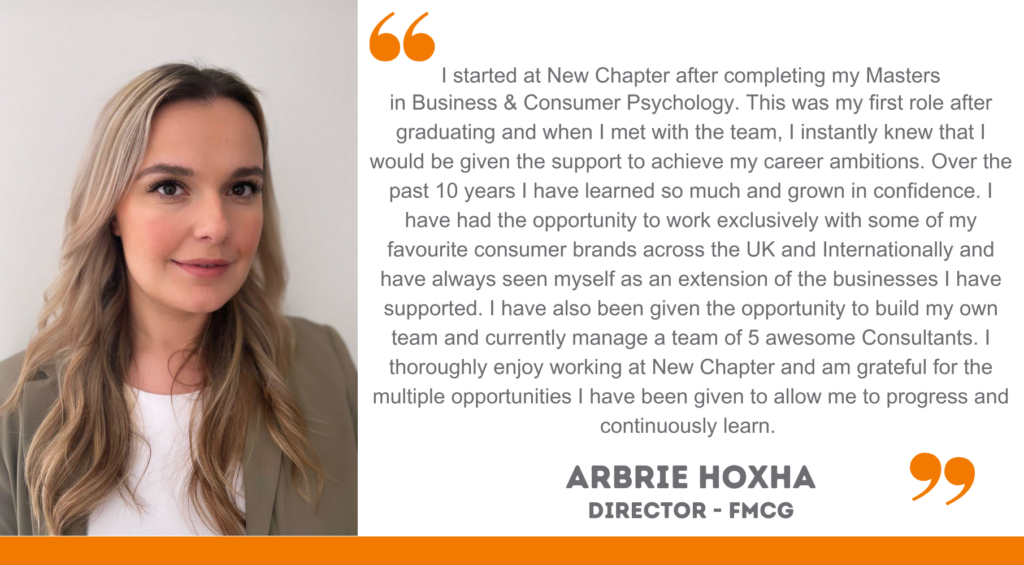
Arbrie, Rachael and Emma want to help you start your New Chapter today!
Explore our current live vacancies or speak to our consultants below.
-
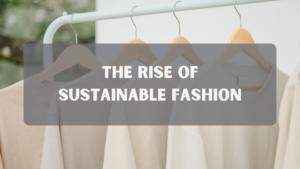
FMCG The Rise of Sustainable Fashion
Continue ReadingThe Rise of Sustainable Fashion
With continuously growing concern for the climate, a big contributor to the crisis is fast fashion. The industry is responsible for water pollution, greenhouse gas emissions and landfill. With over 300,000 tonnes of clothing going to landfill each year.
Many companies and brands have been continuing to enter the market with the mission to help combat environmental issues by creating sustainable solutions. In addition to the environmental benefits, businesses promoting sustainable and circular fashion offer consumers a cheaper way to shop in the current economic situation, where many of us are facing huge squeezes on disposable income.
Sustainable Brands
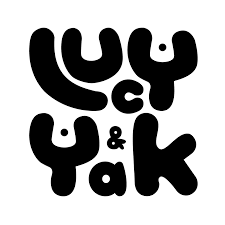
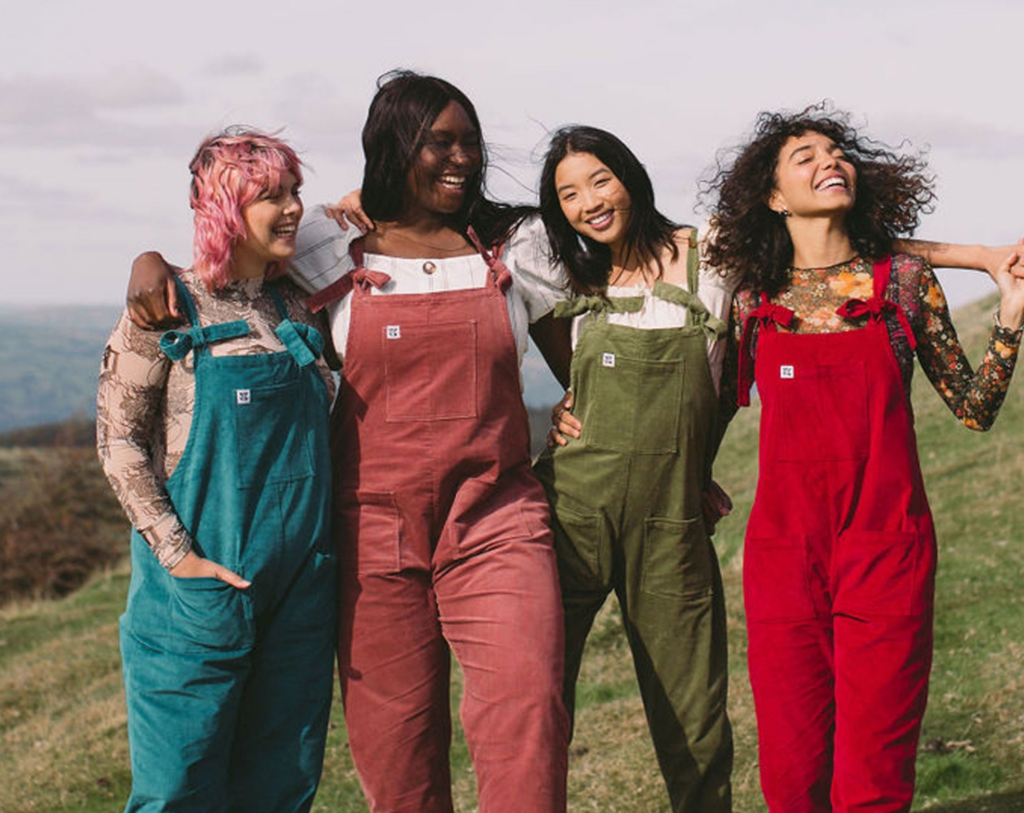
Lucy & Yak, an independent clothing company based in New Zealand and sold internationally, have chosen many sustainable options within their product production. From their newest factory having a completely sustainable energy source, powered by solar energy, to employees being paid the living wage, and packing bags created from 100% recycled and biodegradable materials. Lucy & Yak continue to strive and create ideas to increase their sustainability with recent news in their May – September 2022 report announcing they are fully GOTS certified. From processing to distribution, they follow the guidelines to having sustainably processed fabric with organic fibres and ensuring they are environmentally and socially responsible during this process.
Sustainable Platforms
In recent years, we have seen many sustainable fashion apps and websites blow up, from selling clothes to renting them on a short-term basis, allowing consumers to have more options when trying to reduce their carbon footprint. Ebay has always been a big contributor for selling items second hand, along with Facebook Marketplace increasing in popularity in recent years. In the fashion industry specifically, we have seen apps such as Depop and Vinted grow significantly.
A key player in the current market is Vinted, an app which makes it easy to buy and sell pre-owned clothes and accessories, providing a simple way to shop sustainably or earn yourself some extra money by selling clothing you no longer wear. With the rising need to buy sustainably, more people are slowly gravitating towards second hand items instead of fast fashion retailers.
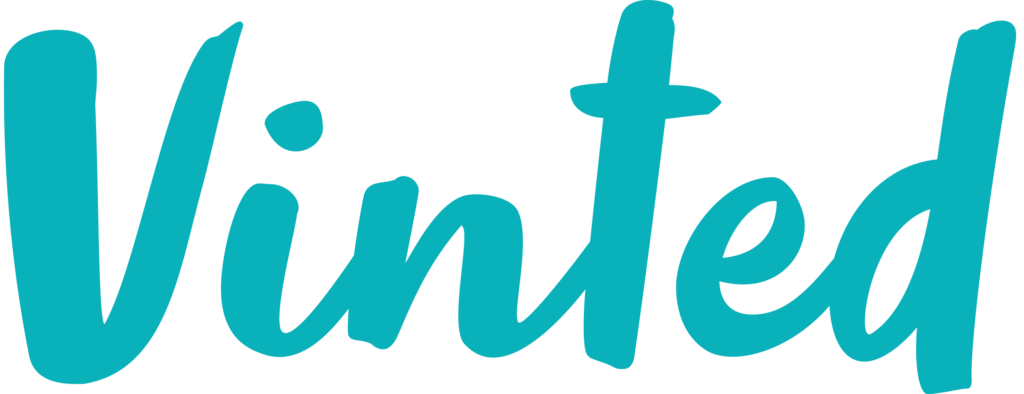
My WardrobeHQ
My WardrobeHQ is another business we can acknowledge for this, who in recent news has been recognised for their sustainability. First launching in 2019 as Britain’s first fashion rental marketplace, their aim is to provide the fashion industry with a circular economy to stop this waste and extend each garment’s life by up to 15 times. Prolonging the life cycle of your clothes by 9 months can reduce your environmental impact by up to 30%!

They have been able to encourage an entirely new market to the luxury fashion industry with many who wouldn’t have considered spending large amounts on a singular piece, now have the option to rent or try before they buy. Carrying a selection of accessories and clothing from over 500 designers including Stella McCartney, Gucci, Prada, Anya Hindmarch, Chanel, Saint Laurent and many more, it allows MyWardrobeHQ to appeal to many different styles and tastes.
In the past week we have seen the launch of luxury retailer Karen Millen who have partnered with MyWardrobe HQ to launch their new rental platform, Karen Millen Rotates. A businesses that pledges to ‘contribute to a circular economy’, allowing customers to rent clothing items from four to fourteen days, for just £6 per day.
Buying specific clothing items for events or special occasions, is unsustainable but also an expensive way to shop. Making use of sites like Karen Millen Rotates, enables you to not only help the environment but save money long-term.
Here at New Chapter we have a selection of amazing consultants helping individuals start new chapters across an array of industries within FMCG.
If you are interested in exploring roles within retail and FMCG, or specifically fashion please get in touch!
-
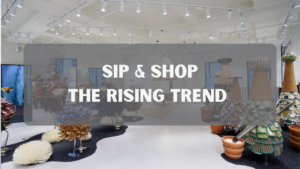
Sip & Shop – The Rising FMCG...
Continue ReadingSip & Shop - The Rising Trend
Technology has shaped the way we now shop, changing it forever with a new FMCG trend every week. The purpose of the retail store has likewise been affected and has therefore evolved itself. Consumer experience plays a huge role within marketing of brands and their products.
While it used to be solely a transactional facility, retail businesses have now begun to focus on providing customers with these experiences aside from their products to enhance their customer’s journeys in the real world, creating a shopping process that can’t be replicated online.
What is experiential retail?
Experiential retail is immersive and shareable experience where stores offer more than just products. They immerse consumers into a world of the brand and culture whilst showcasing what makes their offering unique. This can range from live music, DJ’s, virtual reality, personal shoppers, cafés and lounges, large video displays, interactive technology and MUCH more… the creative opportunities are huge!
Brand examples:
Selfridges have taken retail therapy to a new, more real level, integrating therapeutic experiences in store, from sex therapy sessions to confidence coaching.
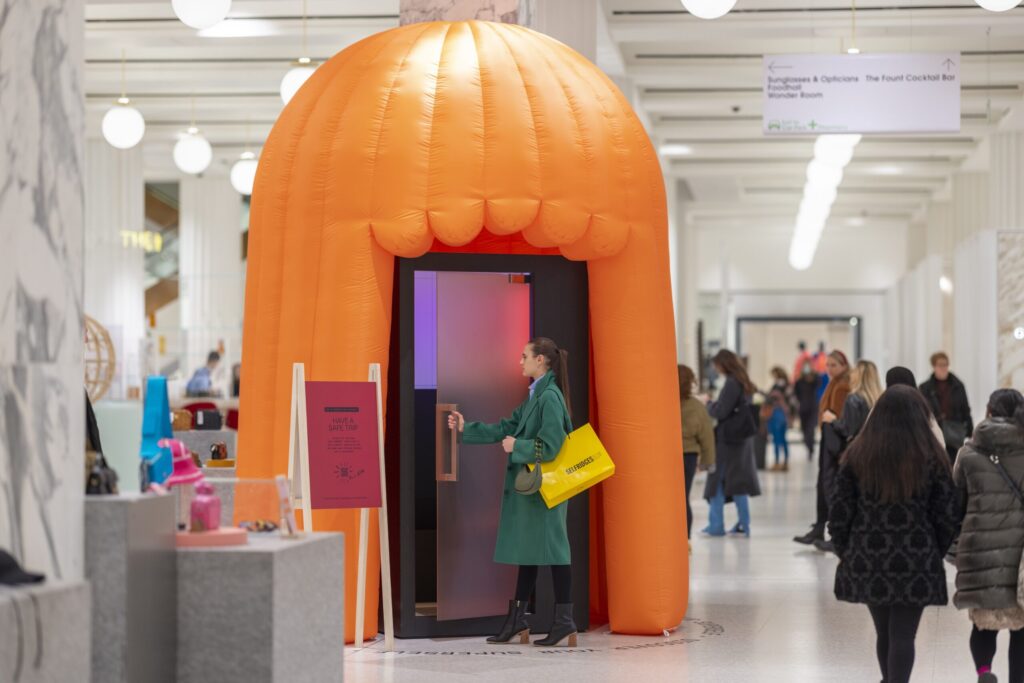
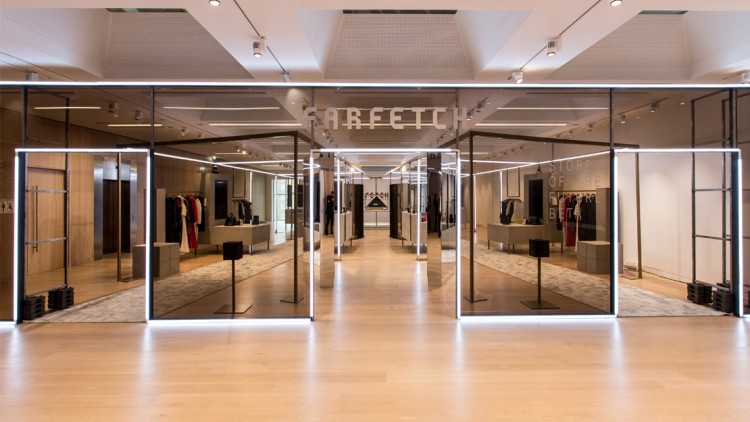
Farfetch in Mayfair is home to one of the first large, augmented retail solutions formed by technology to make the consumer experience more enhanced and human. The tech involves an app enables shoppers to view things such as Chanel’s runway outfits, hi-tech dressing rooms with mirror displays showing customer’s fashion choices and the ability to manage appointments in app, linking the online and offline world into one unique consumer experience.
Flannels are changing the way their customers get to shop with multiple stope adaptions. Their Beauty Bar is a space which offers the latest ‘menu’ of trends, products, and exclusive beauty collaborations that can be enjoyed over coffee or cocktails. The beauty changing rooms is another addition to their beauty halls with interactive, digitally connected private spaces designed for consumers to test, trial and play with products before purchasing.
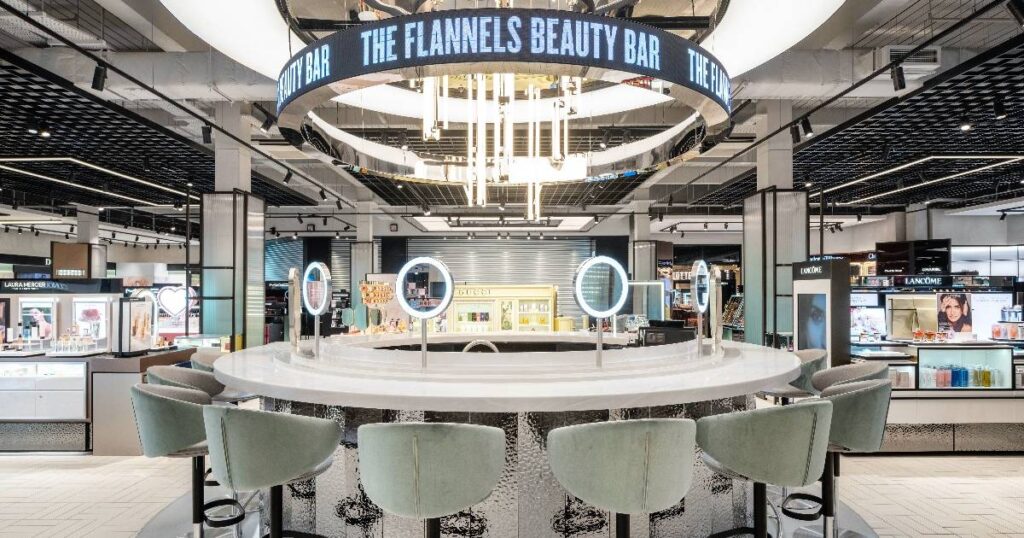
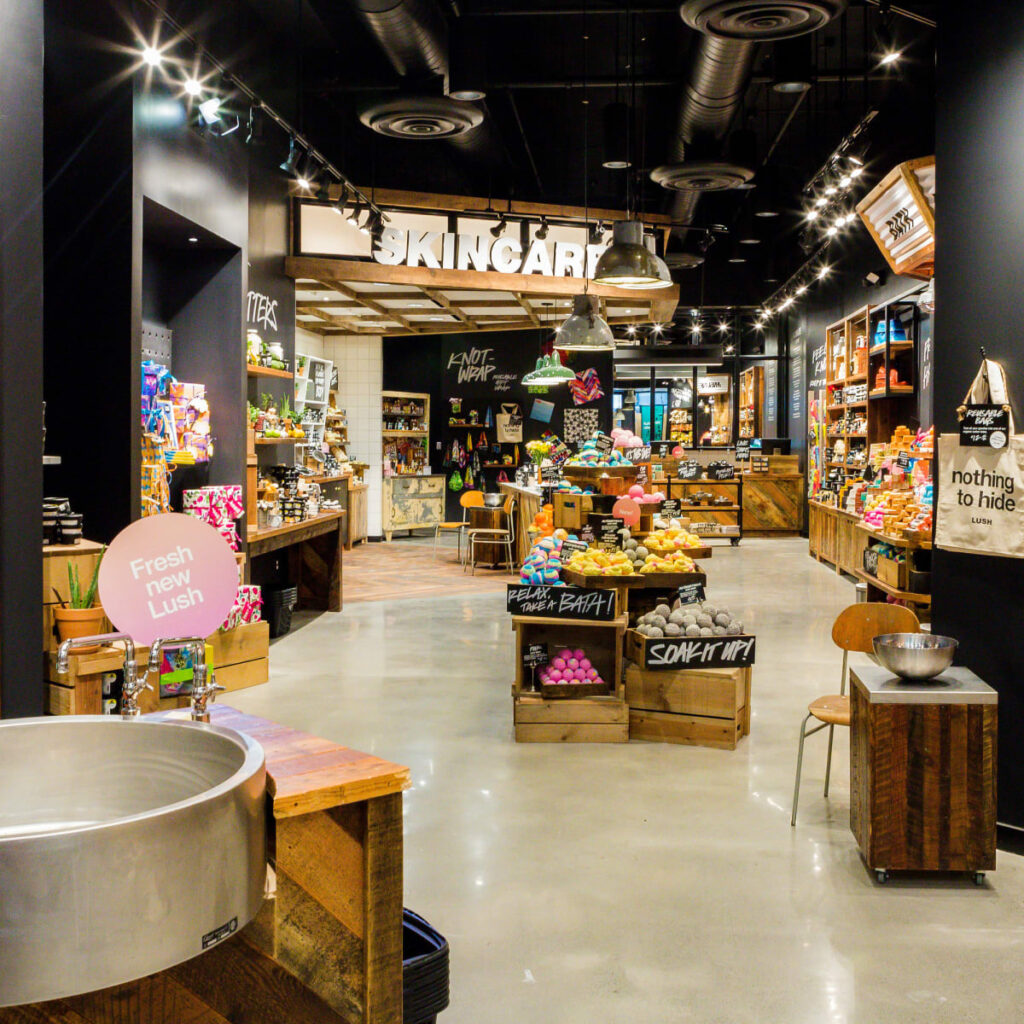
Lush are a simple example of a brand who pair exceptional customer service with simple in store experiences to create the best environment for their consumers. Their stores are well known for the colourful, beautifully scented, live demonstrations on the shop floor or surrounding the big sinks. Customers are also actively encouraged to test and interact with the products themselves.
Nike’s Soho flagship store built its very own in-store event spaces from a basketball court, soccer trial space, and treadmills which all allow customers to try products out in their intended environment whilst at the same time creating a fun and social space to share with people who hold similar interests. This set up also gives customers the opportunity to get more personalised advice based on how they move around these areas the Nike products are designed for.
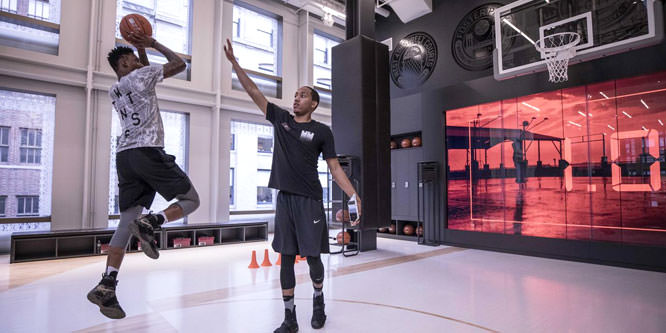
The Sip and Shop Trend
Laundry and Latte, a small and very innovative little launderette you can find on the Brentwood high street in Essex, are tapping into one of the newest FMCG trend we are seeing in the market – Sip and Shop.
This FMCG trend is beginning to make a mark on experiential shopping as retailers and service providers are giving consumers more and making their visits memorable, for example Hairdressers with DJ’s and a bar.
The Essex Laundry combines both a laundry and a café, and better still, the venue is fully licenced, so you can even enjoy an alcoholic drink while you watch your clothing spin around. Sarah-Jane Adams and Dee Anderson, two friends who have co-founded Laundry and Latte shared the experience their service is offering locals: “Recently, we had a mum come in who said ‘it’s been an awful week… oh you do wine!’. And she sat down and had a large glass of wine while we did her washing for her.”
Whilst this form of marketing is superb for creating social, enticing environments for brands and customers, there is concern for encouraging excessive drinking. Plus, alcohol can make shoppers more impulsive with their purchase decisions, is this unethical or just simply clever marketing?
Regardless of this, Sip and Shop licences (an alcohol requested licence from the local authorities) are reportedly growing as the younger generation particularly are no longer content just sitting in a bar.
The industry is set to continue growing and with minimal limit on the creative possibilities we look forward to seeing what brands will be bringing to enhance the shopping experience.
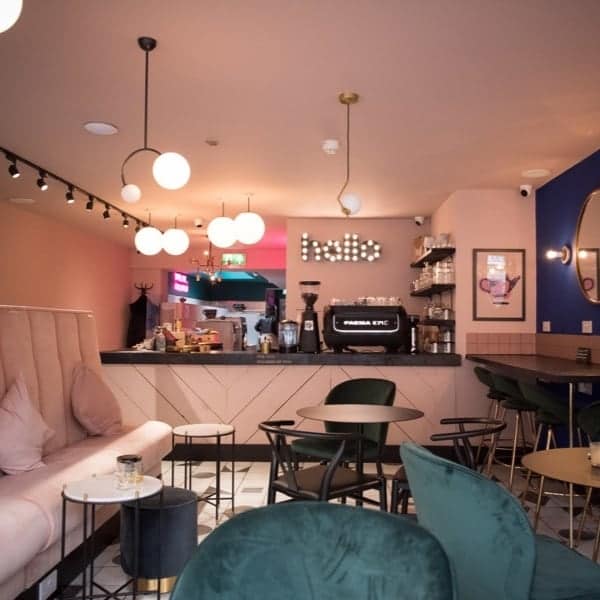
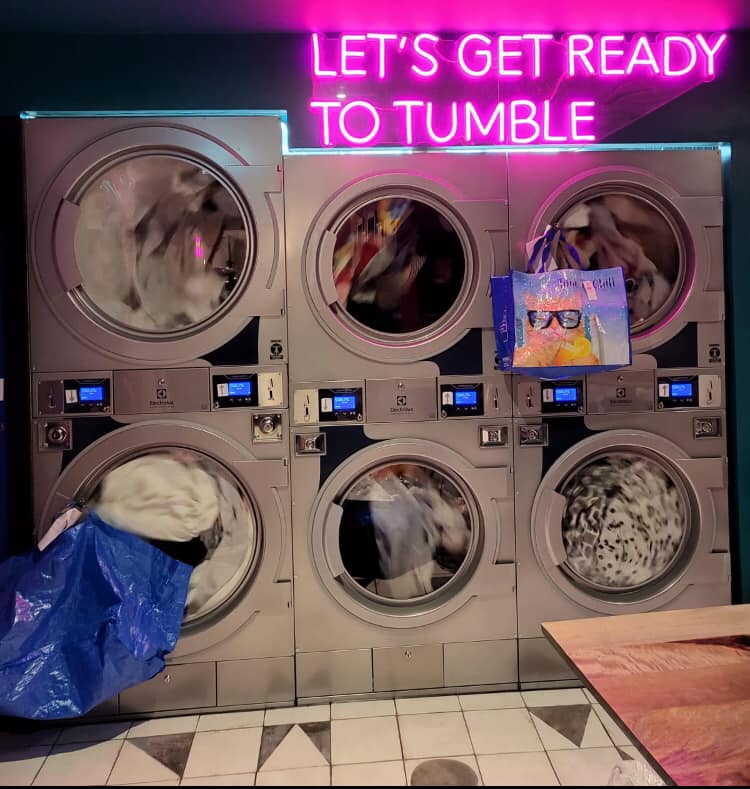
-
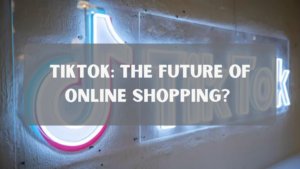
TikTok: The Future of Online Shopping?
Continue ReadingTikTok: The Future of Online Shopping?
TikTok, a reasonably new social media phenomenon and a platform that has taken off in recent years.
With over 1 billion users worldwide and a consistent flow of new features, Many brands are joining the platform to boost their marketing efforts despite being outside the ‘typical’ user demographics.
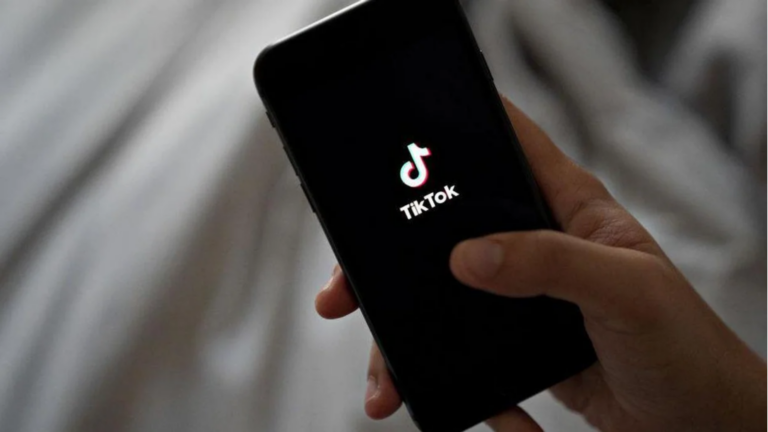
TikTok’s user base is growing at speed. With this, it is becoming a great platform to offer businesses opportunity to reach new, larger audiences. The video-focused social networking service allows creators to maximise on exposure. Through creative short clips where they can jump on different trends, hashtags, and sounds.
The popularity of TikTok reaches from teens all the way to the grandparents, celebrities, musicians, influencers and now businesses too… you name it, they’re on there.
The short video limits help create a unique user experience where individuals are encouraged to get creative with the many features available. As video marketing grows, TikTok plays perfectly to those with shorter attention spans (which is in fact most of us, even if we don’t realise it!). With videos that are brief and straight to the point. This holds great potential for brands in the social space. Users are far more likely to view and interact with videos that have a compelling message and a strong established target audience. This means you could be on to a winner with TikTok and gain some amazing engagement for your brand.
The growth is allowing TikTok to become a place hot for brands. It has quickly established an e-commerce capability that capitalises on the growing popularity of retail social commerce. eMarketer estimates it will be worth $80 billion in the United States by 2025.
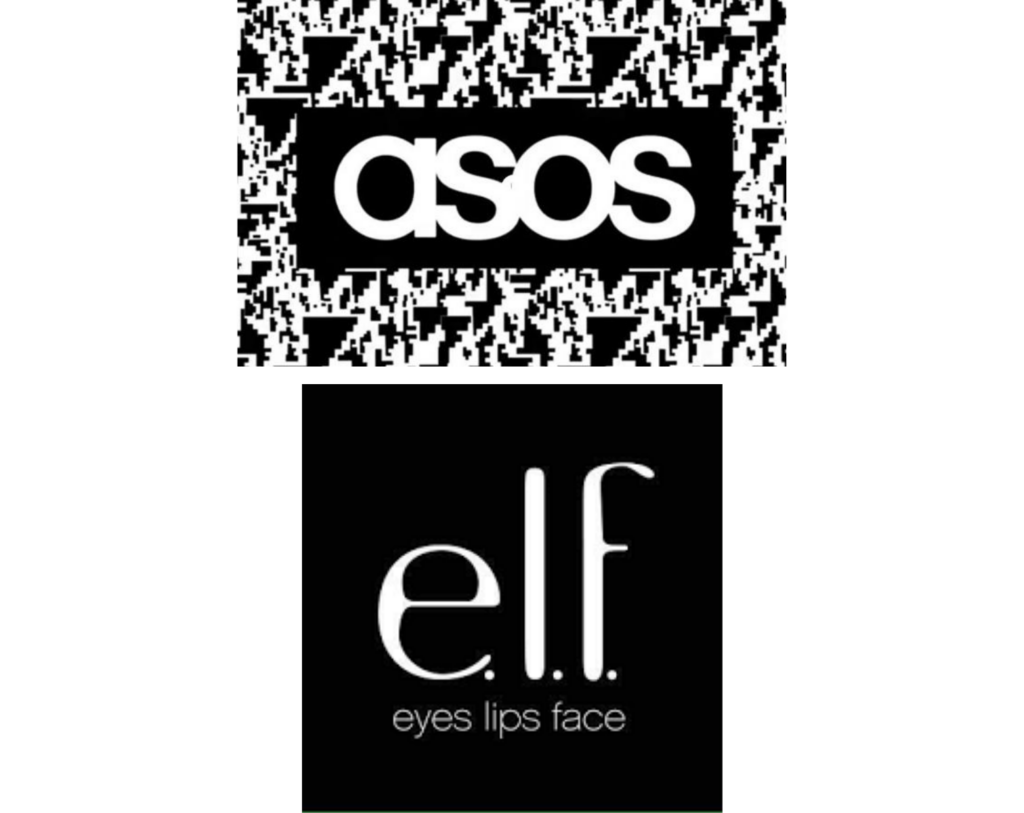
TikTok shared that their platform was a place in which ‘people flocked to to express themselves, exchange opinions, connect and learn from each other’. With that has come the powerful, organic effects on shopping trends. Users of the platform have an extremely influential sway and can create a bandwagon of love for a product or brand, making it rapidly go viral. This is a new and powerful cultural sensation.
E-commerce giants like ASOS and Elf Cosmetics have been two of the many brands to make an impact on the platform. Utilising the opportunity for brand discovery and engagement. Creators on TikTok really help to humanise these brands. This can be a valuable factor to consider when selecting influencers and platforms to work with.
Fashion, lifestyle and technology are three of the most trending catagories. They are what TikTok app users tend to spend their disposable income on. For many brands, the platform offers the ideal format for showcasing their products in creative ways. After a long time of lacking the social commerce opportunities available on other social platforms. TikTok, after nearly a year of trials, have rolled out TikTok Shopping. This provides a way for users to buy products in the app without opening a web browser to go to a separate eCommerce store.
As this online marketing opportunity grows for brands. We are excited to see who, or what products, take their turn to trend and how brands will continue utilising this space in a creative manner.
-
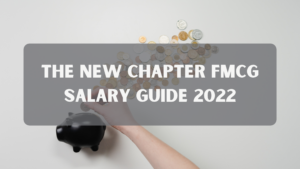
New Chapters FMCG Salary Guide 2022
Continue ReadingThe New Chapter Salary Guide 2022
New Chapter are excited to share with you our exclusive FMCG Salary Guide for 2022.
We wanted to share a sneak peek and introduction as to what you will be able to get your hands on.
Our free guide is designed to provide a guideline for both businesses and individuals on current salary levels in the UK FMCG market. On top of this, our salary guide provides respondent profiles, benefits and bonuses and motivations to move.
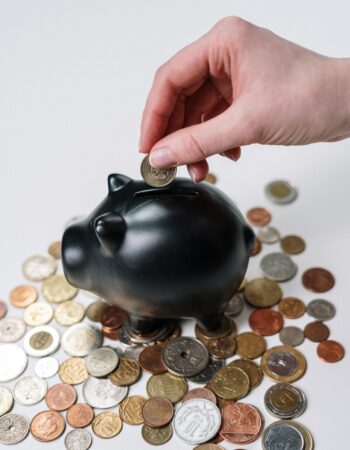
What do we cover in the FMCG Salary Survey?
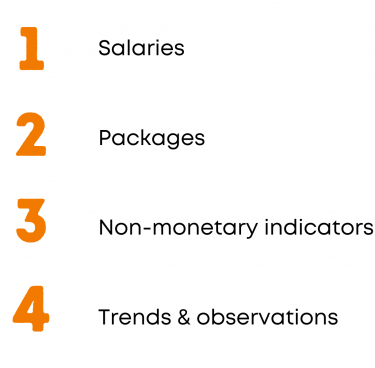
As you well know, consumer wants and needs are constantly changing. However, 2021 witnessed one of the biggest shifts in the consumer psyche to date. From consumers becoming more environmentally aware. To space-age methods of entertaining consumers while feeding them information about your products and to data increasingly determining business strategy and decisions. 2021 was certainly a year of progression for the industry! But with all this change and ambition, the expectations of the FMCG workforce are increasing rapidly. With the need for analytical, ecommerce, and technical skills, among others, high in demand.
Our 2022 salary guide takes a detailed look into these changes. Taking a focus into seven key job functions within the FMCG industry:
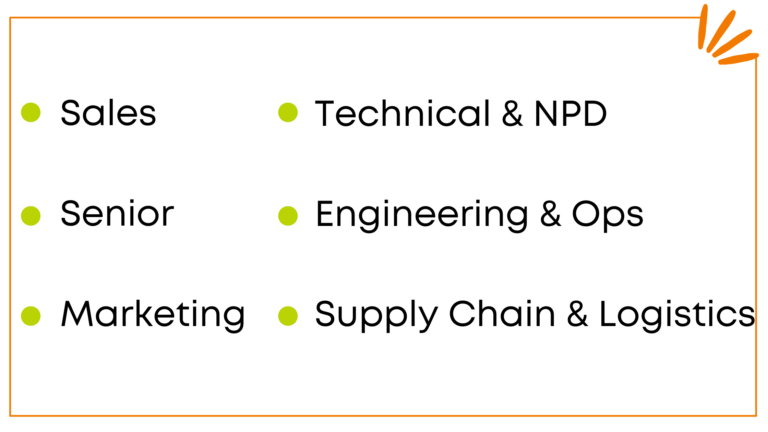
Please keep in mind, our data may be influenced by factors outside the scope of this research. For example company size and profile within the market. Please therefore treat all data as a guide.
We also offer a range of bespoke reports including remuneration benchmarking, competitor insights and talent pool reports. If you would like to know more or have any further questions, please contact us.
-
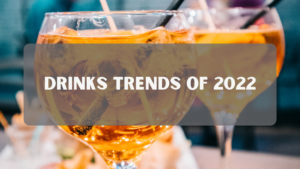
Drinks Trends of 2022
Continue ReadingDrinks Trends of 2022

Whilst the drinks industry took an undeniably hard hit from the pandemic, during a time of huge global disruption the drinks market proved itself as one of most resilient consumer goods categories. Economies have been set back and the industry has had to struggle with closures throughout the hospitality sector, shipment costs, delays, and higher packaging costs, to mention a few challenges. However, as at-home drinking increased we witnessed huge boosts in the ready to drink, no-low and craft markets. The steady increase of consumers enjoying dining and drinking out has further encouraged this growth, as we emerge out the other side of the pandemic.
There are many opportunities for the drinks industry to take advantage of in the year to come as the market picks up. We are seeing consumer habits and palates changing, a global focus on sustainability within companies and experience led venues are on the rise, which will open many doors for the drinks industry. Continue reading to discover our forecasted trends for the drinks market in 2022.
Tequila Time
It’s time for gin to step over, as this year is going to be Tequila’s time. The gin boom had a big impact on the industry with some distilleries tripling in size since 2016 and countless flavours entering the market, whilst it is expected to remain a popular drink of 2022 Tequila is the new spirit on the rise and expected to continue leading the growth of mainstream spirits. Individuals are becoming more educated on tequila’s fine craftmanship and production process and as the spirit becomes more widely appreciated, we will be seeing its consumption as a longer, mixed drink increase (along with the trusty lime and salt combo shot to!). Celebrity brands such as 818 and Teremana are also proving very popular in the Tequila market as we recognised in our last blog.
Premium Please
The long period of at-home drinking has now shaped the way consumer attitudes and needs have since changed. After consuming more premium at home experiences in the form of at home cocktail making kits, premium wine subscriptions and more, consumers standards have now risen as they expect the best prices, quality, and experience from the out of home drinking. Whilst the industry does place a high level of pressure on brands to deliver on the premium out of home, individuals are continuing to follow this through to their at home drinking habits. The continuation of these habits are providing a great opportunity for retailers to maximise on their sales.
Additionally, there are a percentage of individuals wanting to explore big and bold flavor profiles with big and bold coming in strong this year. With the pandemic preventing any holidays and travelling, unique spirit flavour is proving to be a hit within the market, giving a taste of the tropics from home – from brands such as Smirnoff and Haig Club.
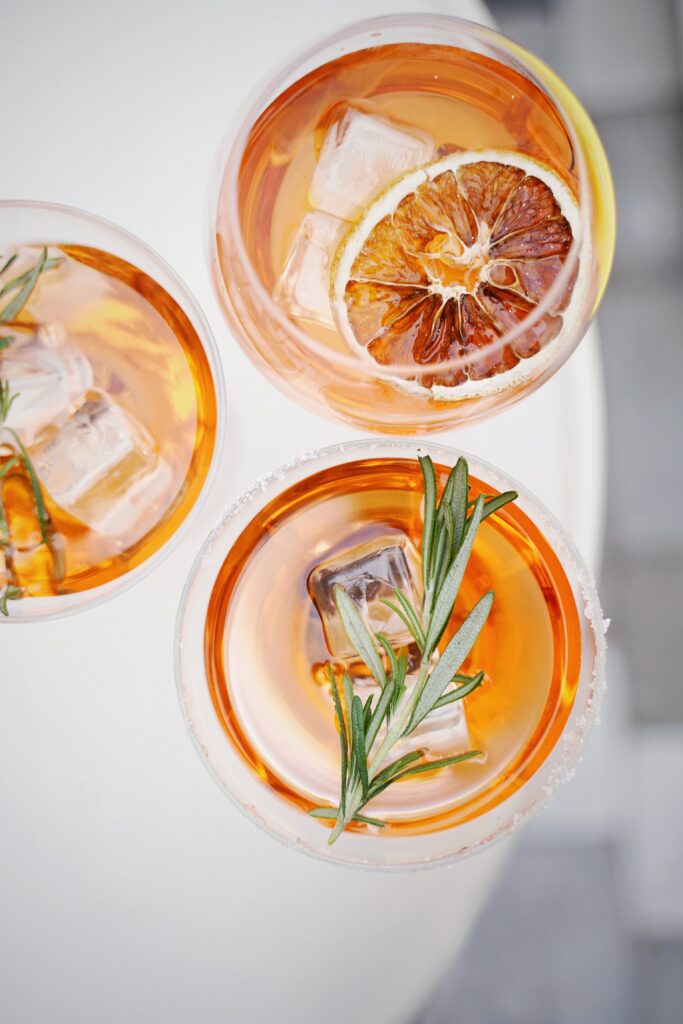
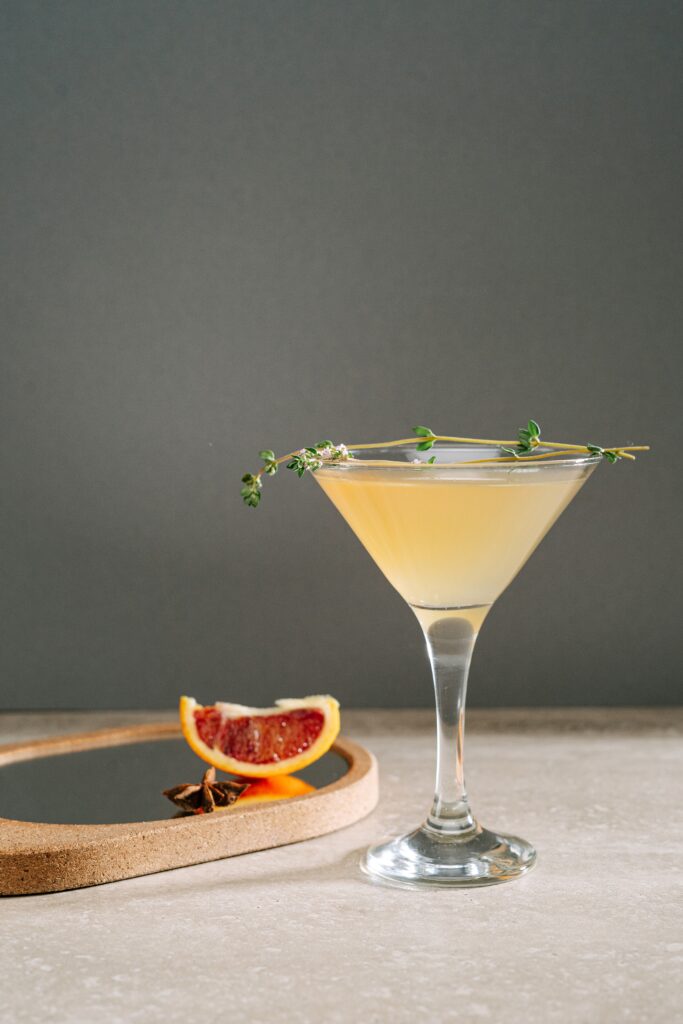
Continued Popularity and Gowth for the NOLO
Health-conscious movements in line with mindful drinking have gained a lot of backing in the past few years, with that has come the decline in alcohol consumption from particularly, the younger generation. It’s clear the drinks industry is following these behavioral shifts as we are seeing more and more drink variations entering the market with the likes of hard selzters, low calorie RTD’s and mixed soda drinks, all focusing on low sugar, natural ingredients and more.
People are back to socialising and despite a lot of consumers enjoying NOLO beverages, a large proportion are not necessarily leading completely alcohol free lifestyles; the majority are simply deciding to make healthier choices – a sweet, sugar heavy cocktail is not always what people want each time they go out.
Sustainability Matters
Particularly after the COP26 summit there has been a huge push on sustainability and environmental impact from brands; with a heavy focus on making positive changes throughout every aspect of a business. Globally we are now seeing efforts from brands as they work on new product launches, packaging advancements, unexpected mergers and acquisitions, production methods and more as they work to improve their carbon footprint.
Whilst packaging is being made more sustainable, businesses are altering other elements of their functionality such as e-commerce and delivery to become eco-friendly. Many ready to drink subscription brands are continuing to remain popular after the pandemic pushed influence on these changes, this popularity has also stretched to the rise of quick-commerce. Involving rapid delivery from brands such as Fancy where packaging like pouches are making the process easier which is key in a rapidly growing sector.
-
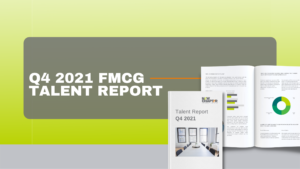
New Chapter Q4 FMCG Talent Report
Continue ReadingNew Chapter Q3 FMCG Talent Report
As the new year begins, we have seen Q4 come to a close… but what has the market seen during this time? Here is our Q3 FMCG Talent Report.
Here at New Chapter, we believe in helping people and companies realise their potential and achieve their future ambitions. We put our quarterly reports together to inform both your talent and wider business strategies, as well as helping to create an advantage in ever more competitive markets.
Our unique data provides you with an insight into key trends in FMCG recruitment throughout Q4.
Get your free copy now
The past year has been extremely turbulent for businesses, and it is safe to say we have witnessed dramatic change in the FMCG market. With that in mind, the data we gathered returned some very interesting findings as a result of shifting demands due to the pandemic.
Our report shares details into the past 12 months leading up to Q4 where we have seen the food and beverage industry gain the most talent from the retail industry. Within that talent pool Operations are one of the top five fastest growing job functions.
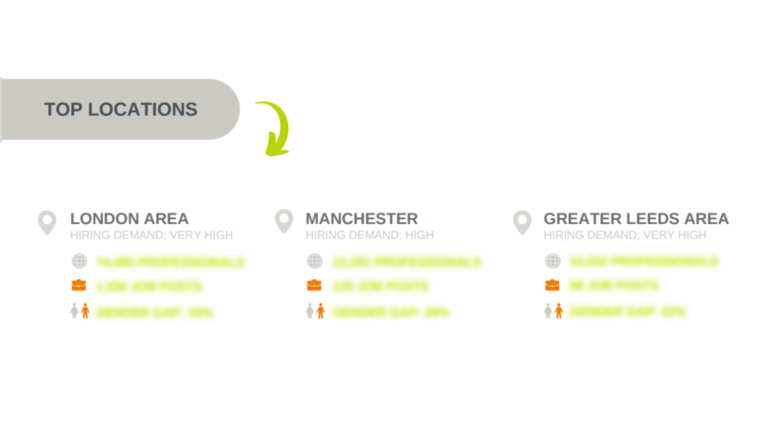
We hope that our free report download can provide you and your business with a detailed analysis into the market and thus guide you forward, with fresh insight, into a new quarter. Download below.
-
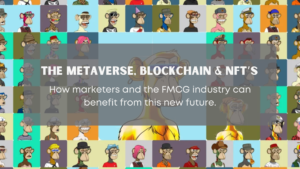
The Metaverse, Blockchain and NFT’s
Continue ReadingThe Metaverse, Blockchain and NFT’s
The loud entrance of metaverse, blockchain and NFT technology that will forever alter the landscape of our daily lives.
On its way to becoming the mainstream ‘future’. The Metaverse, Blockchain and NFTs are all advances for marketers to begin learning about and experimenting with. It may be difficult to get started now but becoming a part of the community early on can help a brand gain credibility and authenticity.
Millennials and Gen X particularly are a key target market you can capture against competitors. They are an audience who are known to stay well up-to-date and engaged with the newest products and technologies. Not to mention of course, they are our future. What better than to be one of the brands who captures them first!
- Deliver unique and exclusive brand experiences for your customers.
- Increase brand awareness and affinity through new ways to interact.
- Create a buzz in the lead-up to events and product launches via early access tokens.
- Tell your brand story via collectible assets that are both scarce and exclusive.
- Support causes your brand cares about via token sales.
- Open up a whole new revenue stream by selling goods in purely digital form or as a complement to a physical offering.
- Monetize your best-performing ads multiple times over by turning them into NFTs. Let customers buy a piece of your brand’s history in the making.
- Reward crowdfunding: the likes of Starbucks and P&G have been sourcing product ideas and feedback from consumers for years. Now co-creators can get rewarded for their contribution by owning a share in the final output.
As we discussed last week, NFTs are built upon blockchains, making them totally unique. Check out our previous blog if you need a quick refresh on the topic!
But why can marketers and the FMCG industry benefit from these?
NFTs are potentially the beginning of a new age for brands, and those who act now could be regarded pioneers in the market. Dismissing it as just another trend, as social media and the internet once were, could be a big miss off the mark.
While most commonly NFTs tokens are used within art it is important to note that they can be used to represent absolutely anything. NFTs can help businesses create unique and engaging content. By increasing brand awareness, and opening up new revenue streams. Choosing what type of item will best serve their objectives and then designing an NFT to put it into action.
Retailers can gain a lot from adding NFTs to their existing product lines. Especially if they build a community around it which adds to the interaction with consumer. Through things such as early access to goods and allowing them to participate in product launches.
NFTs can be sold with the purchase of physical products. Allowing consumers to own a digital version and gain additional benefits. For example a vintage bottle of wine sold with an NFT, may offer a certification that proves a limited-edition product is the genuine article. Plus exclusive access to something product or brand focused.
This helps NFTs stand out to consumer brands. They open the door to a new class of digital-native consumers with a lot of money. Who want to interact with collectibles in a more immersive, frictionless way than traditional physical items can provide.
The two main pillars of an effective marketing strategy: brand storytelling and consumer interaction. Two huge things for marketers that NFTs have introduced new opportunities and creative outlets for.
One great example of how brands can utilise these assets is to put NFT authenticity behind events, masterclasses, webinars etc. Attendees can receive a certification of attendance plus extra exclusive material as a takeaway. Whilst the specific lecture in some cases may not be the most impressive certificate to hold. People love to feel as though they are receiving more for their money. Additionally handing out NFTs in a new and exciting market, could cement your company as both unique and leading edge.
Another example for businesses to benefit from NFTs is to sell them to raise money for your business or to help crowdfund it. The NFT you sell could be tied to your business to make your market and their interests more relevant. From video snippets and GIFs to corporate logos and images, there’s something for everyone. The notion is that they have value to the consumer because of their uniqueness and distinction. Royalties can then be added to each NFT and earned on every future sale.
Examples of brands using NFTs:
The Metaverse
The metaverse is an amazing new way for brands to really add value to their buying journey and customer experience. Gucci, Balenciaga and Nike are a few brands to name who sell virtual merchandise within the metaverse, ensuring their real-world wearers will also be able to style out their virtual avatars in the products too.
Whilst this may seem extravagant it’s already the norm among young, internet native consumers. 85% of Fortnite gamers buy downloadable items, the most popular of which are cosmetic character skins. This will be a huge part of an individual’s credibility and ‘image’ within the metaverse, as in real life, an individual’s avatar, and wallet of cryptos, NFTs etc will be a huge representation of who they are. Garry Vee shared that it’s likely that in the future it will be the new social currency, almost the replacement of logos and designer clothes.
With a little imagination, brand owners may open a whole new universe of possibilities this can be particularly recognised in the FMCG industries too where brands can do things within the metaverse such as:
- Create VR tours of their brand home
- Your business might have its own virtual brand ambassador, who would ‘tour’ the metaverse promoting your products through special events.
- You can work with ‘Alternative Reality’ bars who can feature your drinks brand to offer out-of-this-world digital cocktail and drinking experiences – such as the first AR bar in London – Otherworld
- Digital Product Launches
As it stands these platforms can still be a high-risk place however, the rewards can be huge. Whilst this technology will tremendously help brands grow, social media will still always be key for building community and brand name.
As the markets expand people will slowly begin to build whole economies around them – getting ahead of the game now has the potential to do a lot for you or your brand!
